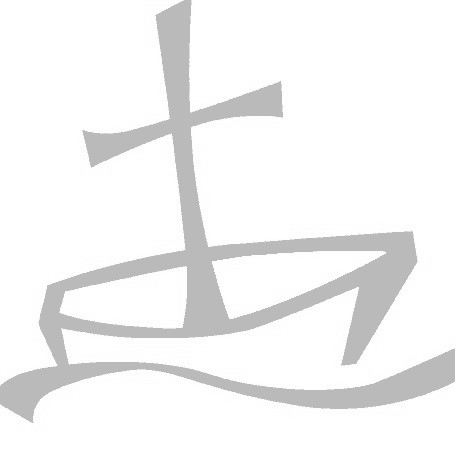MCC leaders advocate climate, indigenous justice in opposing Enbridge Line 3
Minnesota Council of Churches leaders are applauding Gov. Tim Walz’s Feb. 12 announcement that his administration will continue a lawsuit to block the construction of the Enbridge Line 3 tar sands crude oil pipeline, a dangerous and unnecessary project.
Days before Walz’s announcement CEO Rev. Curtiss DeYoung and Director of Racial Justice Rev. Jim Bear Jacobs joined faith leaders at the Capitol calling on the Governor to stop Line 3.
DeYoung has made racial justice a top priority in his Council leadership. He and Jacobs were among the 550 clergy members and faith leaders who signed a 2018 letter to Gov. Mark Dayton opposing Line 3 on moral grounds.
Jacobs and DeYoung joined roughly 75 other faith and indigenous leaders who gathered in the Governor’s Conference Room last week to pray, sing, and urge Walz to continue Dayton’s opposition to Line 3. Minnesota Interfaith Power and Light organized the event.
DeYoung spoke about the importance of protecting water and indigenous rights. He recalled how Jesus’ ministry began with water through his baptism in the Jordan River. Jesus also lived on land that was not controlled by his people, but by the Roman Empire.
“As he’s baptized, Jesus is also starting a ministry of protest against the actions of empire as it relates to indigenous people,” DeYoung said. “If we are faithful in our following of Jesus, there is no other place that we would be than right here [in the Capitol].”
The new Line 3 pipeline would cross 337 miles of northern Minnesota, threaten Anishinaabe treaty rights, threaten oil spills into Minnesota’s clean waters and wild rice beds, and add $287 billion in climate damage over three decades. The Minnesota Public Utilities Commission approved the project, but it now faces legal challenges.
Jacobs also spoke of the importance of protecting our sacred waters. He quoted from Genesis:
“In the beginning God created the heaven and the earth. … And the Spirit of God hovered over the water.”
“Water is the first relative of all of Creation,” Jacobs said. “And we approach this water, this sacred water, not as a resource which we can do with whatever we please, but as a relative who needs to be cared for, nurtured, and protected. Because that is exactly what she does for us.”

